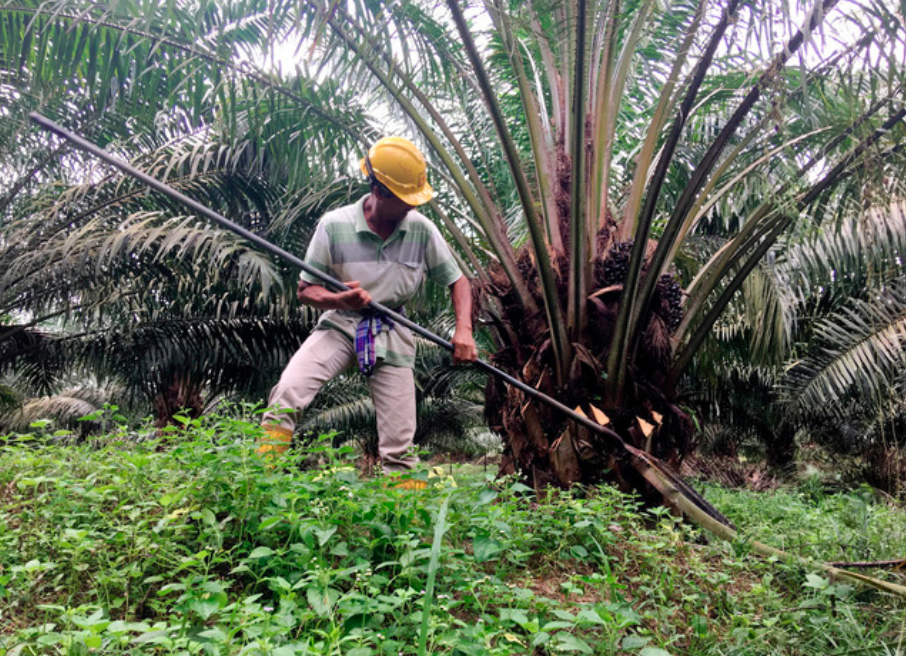
Indonesia, the world’s top palm oil producer, had on April 22 announced plans to ban exports of the most widely used vegetable oil, Reuters reported. — Bernama photo
KUCHING (April 24): Indonesia, the world’s top palm oil producer, had on Friday announced plans to ban exports of the most widely used vegetable oil, Reuters reported.
In a video broadcast, Indonesia’s President Joko Widodo said he wanted to ensure the availability of food products at home, after global food inflation soared to a record high following Russia’s invasion of major crop producer Ukraine.
“I will monitor and evaluate the implementation of this policy so availability of cooking oil in the domestic market becomes abundant and affordable,” he was quoted by Reuters as saying.
Meanwhille, in a separate report, Indonesia’s finance minister Sri Mulyani Indrawati told Reuters on April 22 that Indonesia’s new palm oil export ban will hurt other countries but is necessary to try to bring down the soaring domestic price of cooking oil driven up by Russia’s war in Ukraine.
Sri Mulyani Indrawati said that with demand exceeding supplies, the ban announced on April 22 is “among the harshest moves” the government could take after previous measures failed to stabilise domestic prices.
“We know that this is not going to be the best result,” for global supplies, she was quoted by Reuters as saying in an interview on the sidelines of the International Monetary Fund and World Bank spring meetings.
“If we are not going to export, that’s definitely going to hit the other countries.”
Indrawati said previous measures requiring producers to reserve stocks for domestic use did not result in “the level of prices that we want. It’s still too expensive for the ordinary household to buy those cooking oils.”
But Indrawati said that as a political leader and policy maker, food security issues needed to be defined first at the country level, then regionally and globally.
She likened the current food supply situation to the early weeks of the Covid-19 pandemic, when countries competed with each other for masks, medical protective gear and other critical supplies.
“Just like we were facing during the pandemic, we know this is not good in the medium and long term, but in the short term, you cannot stand in front of your people when you have the commodity which is needed by your people and you let (supplies) just go out” of the country.
Indrawati said her government would analyse the impact of the measure on global and regional market dynamics.
For palm oil and other food commodities, she said the World Bank and other international institutions needed to focus on “supply side measures” to increase production.
However, Indrawati said Indonesia has limited ability to increase palm oil production due to environmental concerns. Since 2018, the government stopped issuing new permits for palm oil plantations, which are often blamed for deforestation and destroying habitats of endangered animals such as orangutans.
Instead, Indonesia was focusing on improving infrastructure to allow producers to become more efficient and increasing production of other crops in high demand, including corn and soybeans, she said.
